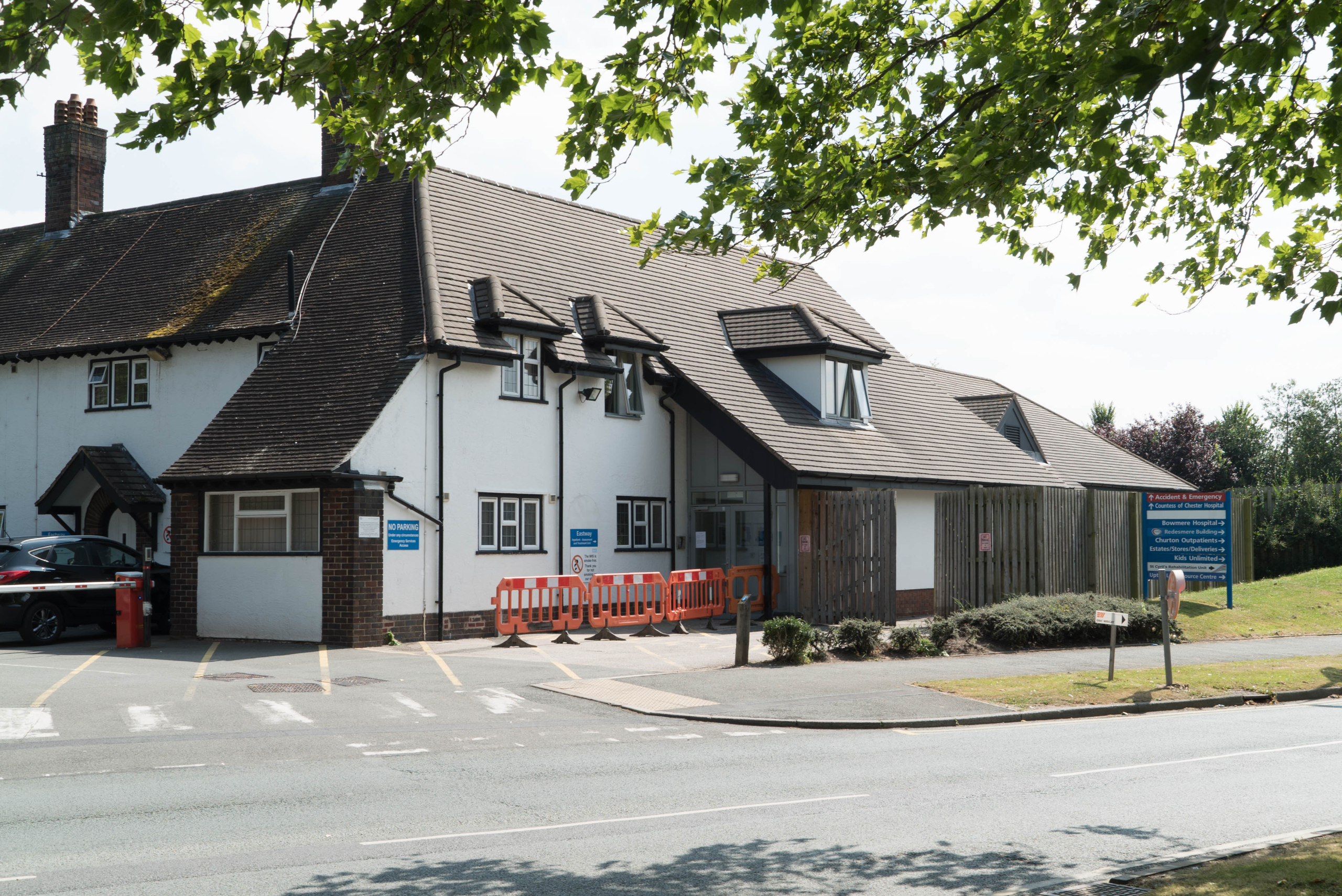West and Central Cheshire Talking Therapies (formerly IAPT) service offers a range of talking therapies, advice and information for people aged 16 and over, who have mild to moderate symptoms of anxiety and depression.
The service will guide you through addressing challenges, overcoming problems, and working towards the goals you set using a range of psychological interventions which follow guidance from the National Institute for Health and Care Excellence (NICE).
Please click the button below to self-refer via secure online chat.
You can find out more information on the service by visiting the West and Central Talking Therapies website.
